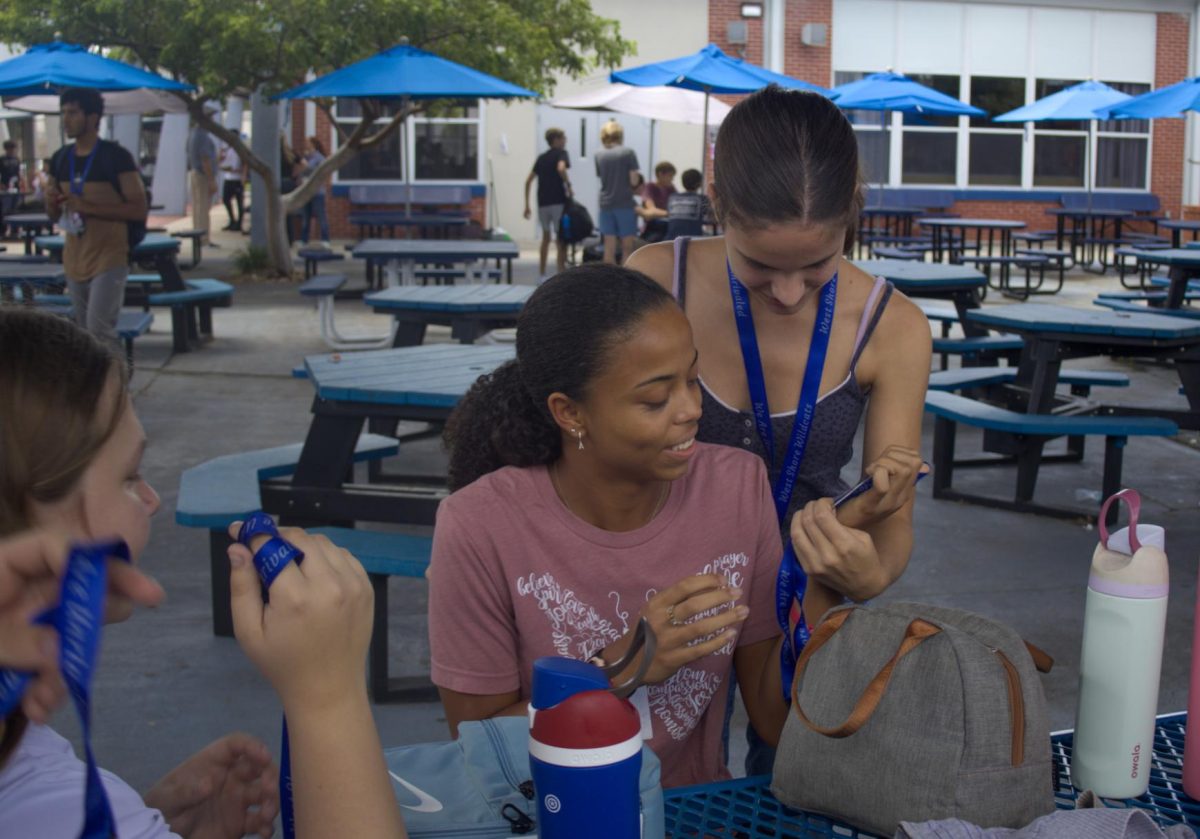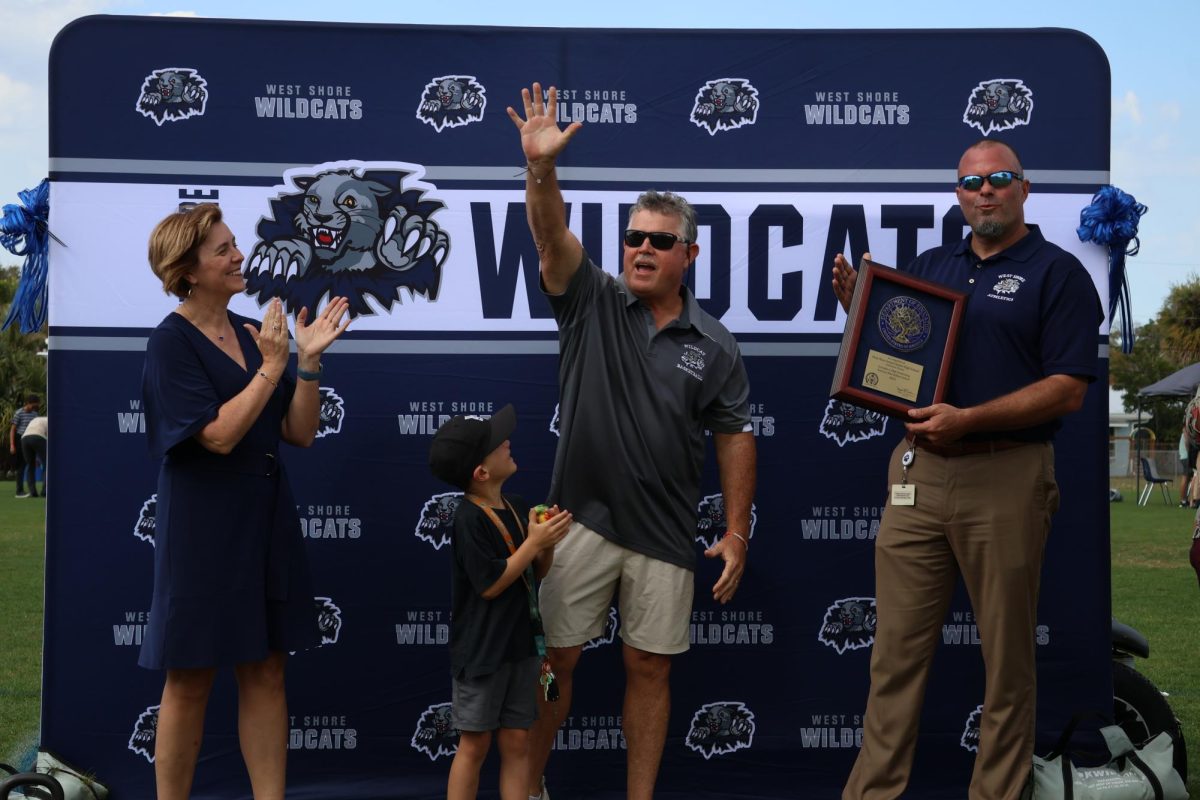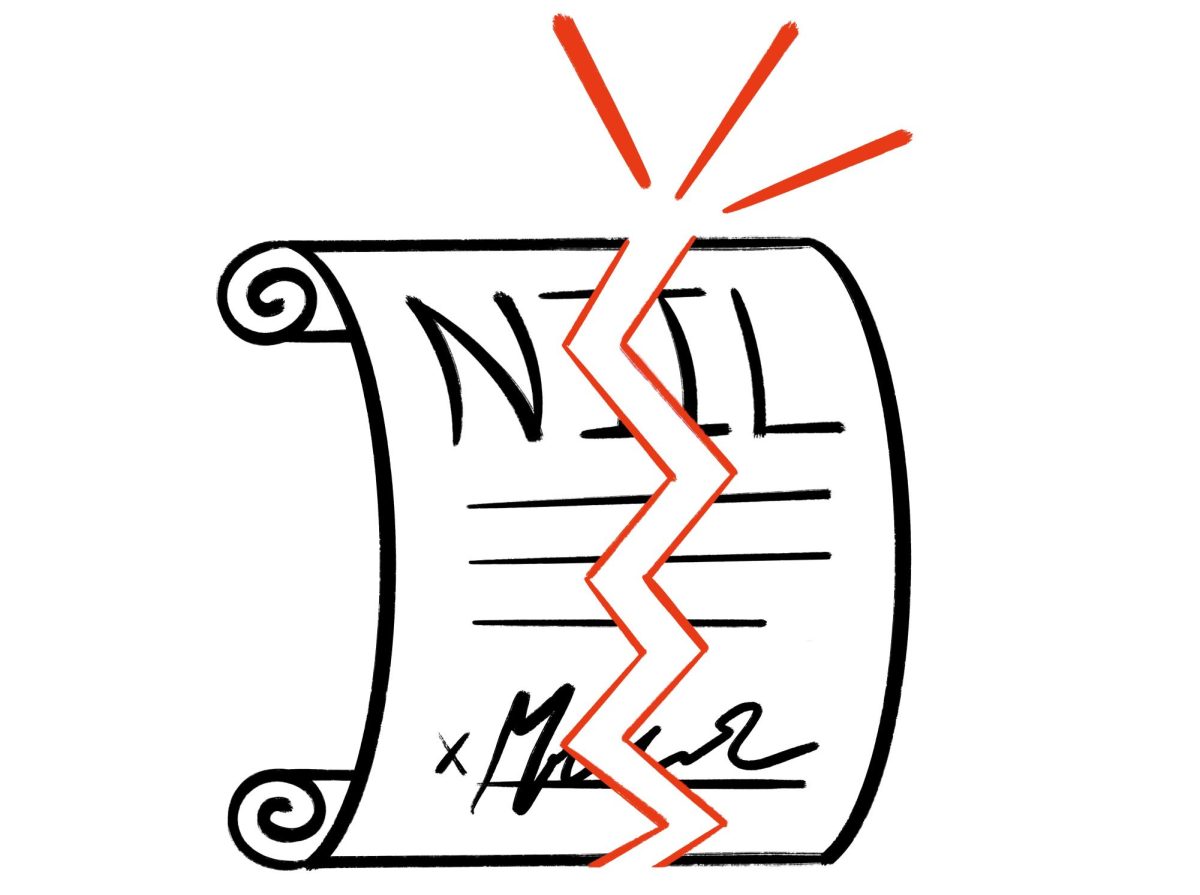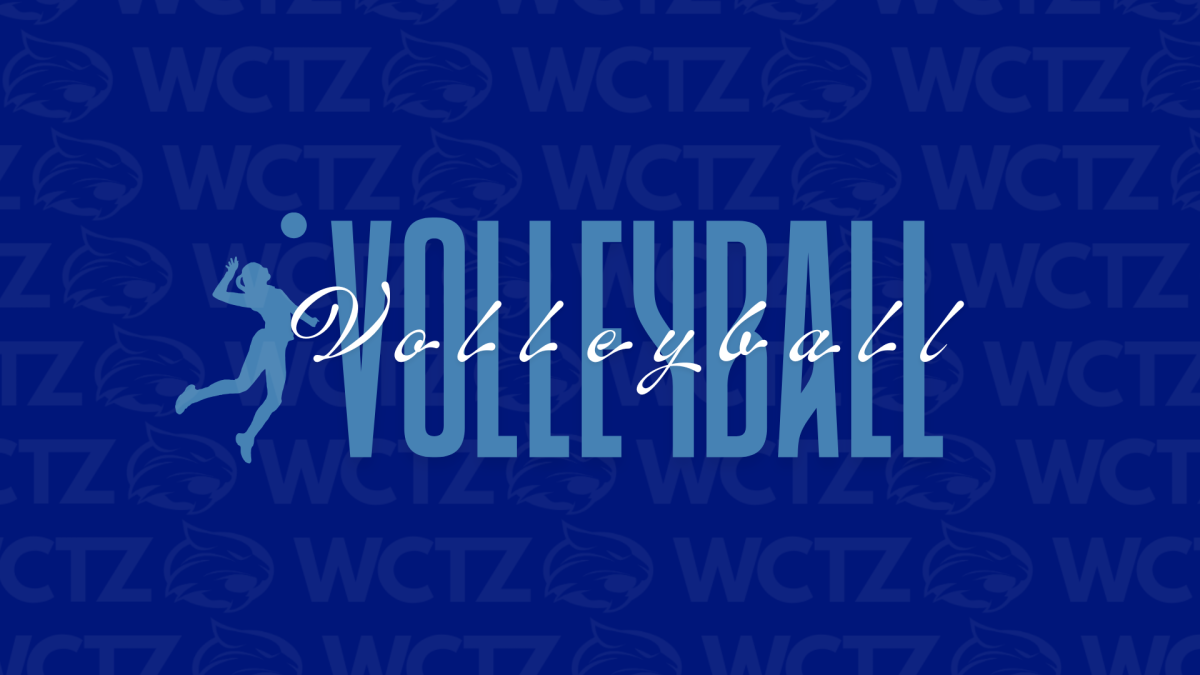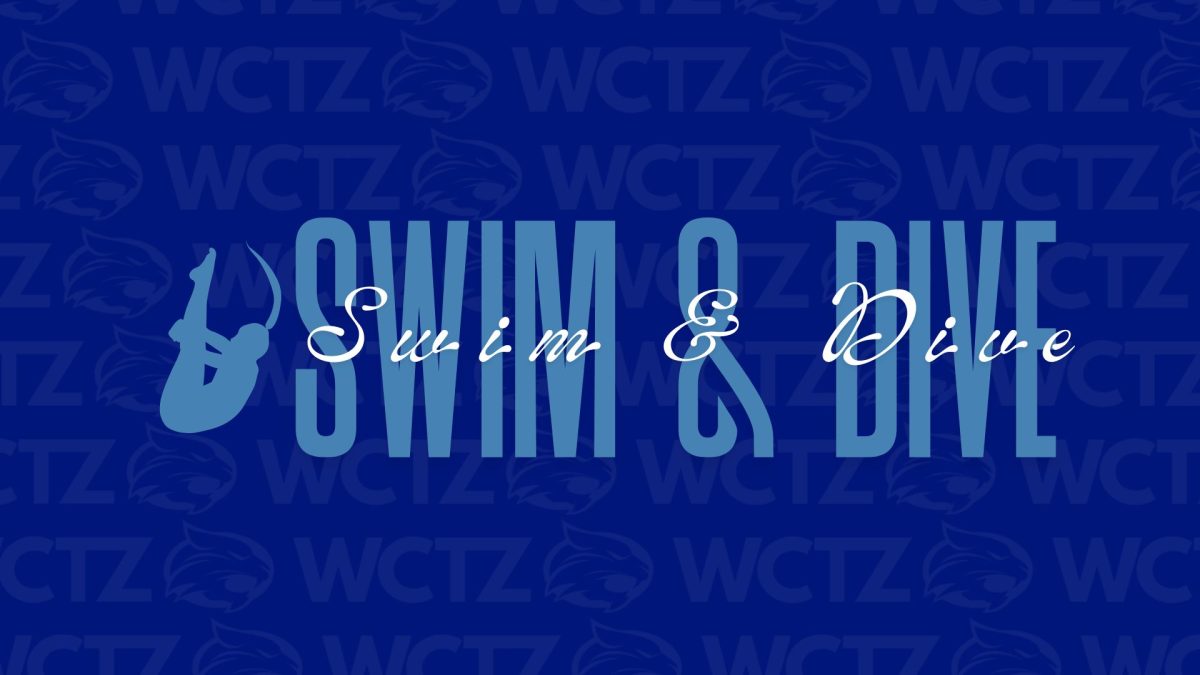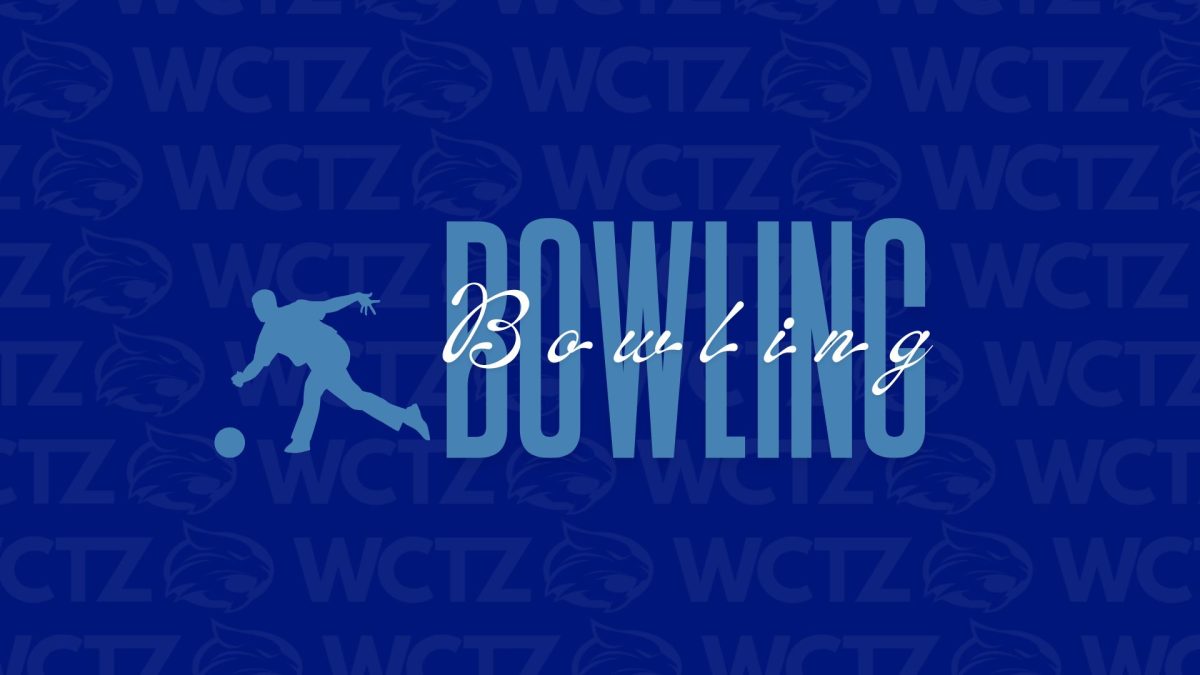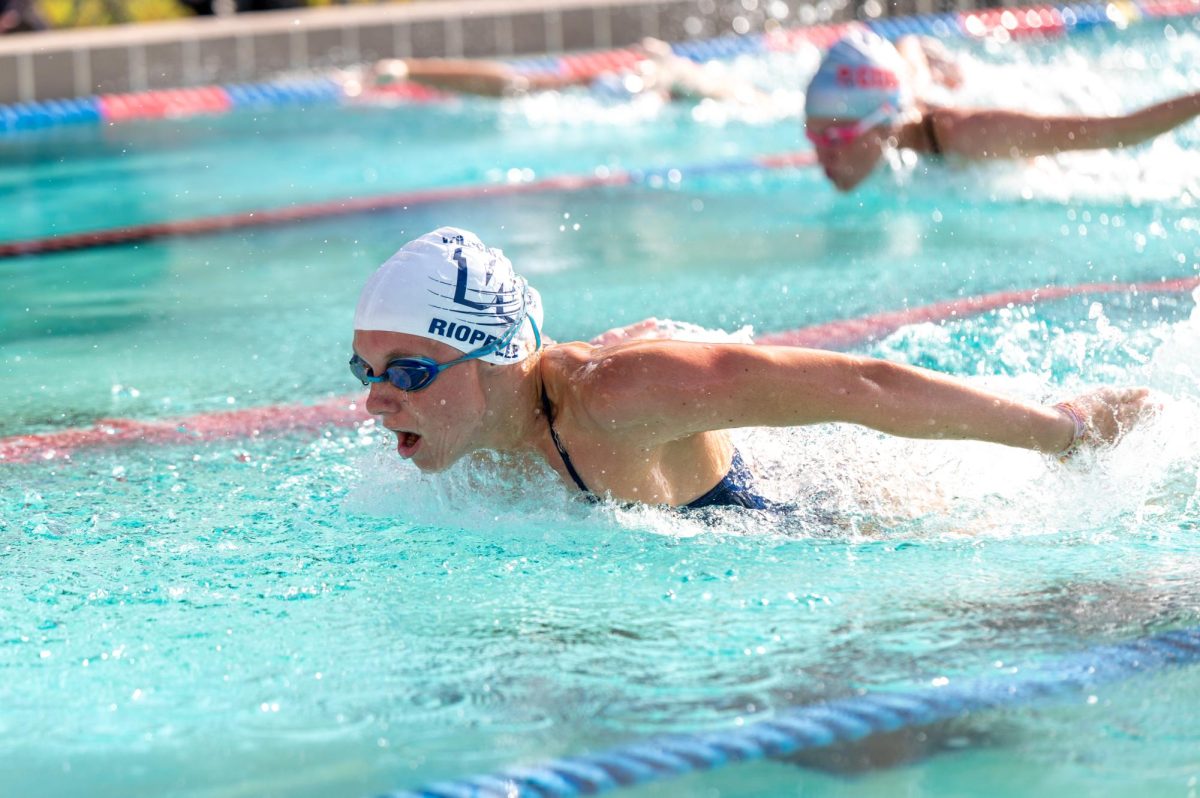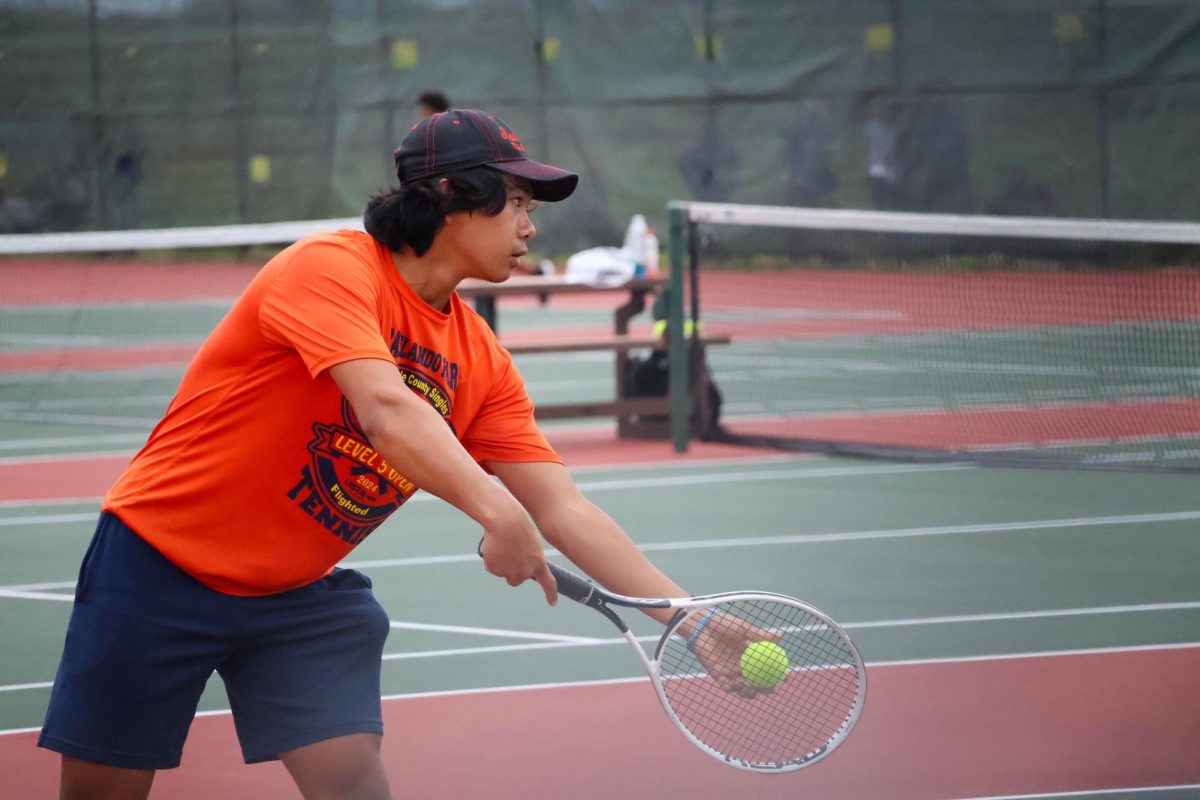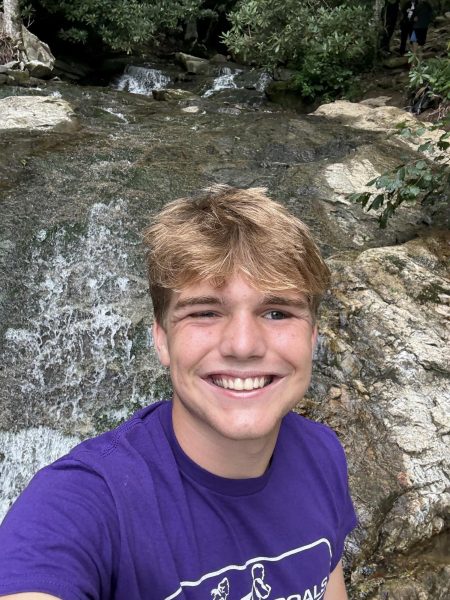Straight out of high school, Memphis basketball commit Mikey Williams signed $3.6 million in deals in which he profited off his name, image and likeness. He was set. But before even stepping foot on an NCAA court, he was charged with five counts of assault with a deadly weapon. NIL deals like Williams’ are a detriment to the sanctity of college athletics, and expanding the rights to those contracts for high school athletes devalues the passion-fueled play that now inspires interscholastic competition.
Williams was a star throughout his high-school career at Vertical Academy in North Carolina. As a junior, he signed his first NIL deal with LaceClips, a wearable sports technology brand, and later signed more deals with Puma and Cash App. By the end of high school, he was worth $7 million.
All the money went to his head. Williams was involved in an incident in which police claim he fired multiple rounds into a car filled with five people who were leaving his residence. When athletes gain that amount of fame and money at such a young age, they start to think of themselves as invincible, with egos swelling to the size of balloons. It’s hard to be a member of a team when all you can think about is yourself.
Williams’ story shows what can happen in a state where high school athletes can receive NIL deals, and if this right is expanded to Florida, we might see similar situations arise.
Florida is home to some of the biggest players in high school athletic recruiting. IMG Academy is a boarding school in Bradenton that focuses on providing a high-caliber sports training experience. While its tuition costs $72,500, the school covers the cost for all but a few of their athletes. If high school NIL deals are cleared in Florida, boosters and businesses affiliated with these huge schools will be able to fund even more athletes, making sure the pool of talent in public schools is sucked dry.
NIL funnels money right back into the pockets of the most well-known and richest families in sports. High school sports become popularity contests. Look at the case of Bronny James—LeBron’s son—who was already worth $7.5 million in NIL deals coming out of high school. However, after a sudden cardiac arrest incident July 24, no one could say if he would ever play in a college game for the Universtiy of Southern California. Although James is an electric athlete, the money invested into his image could have been for nothing, as it was questionable whether he would be able to ever step onto a basketball court in a competitive setting again. He has already made more money than most college athletes could dream of, even though his father’s name, not his, was the reason those investments were cleared.
While the players who earn these exorbitant deals and profit immensely find themselves happy with new NIL rules, teammates who play solely for the passion of the game often become jealous of their newly wealthy compatriots. The team culture, which is carefully developed throughout years of bonding with teammates, shatters overnight.
We know how much money Williams got from his deals with companies. Who knows what he got from Memphis boosters, who likely have showered him with gifts of cash, cars and other material possessions. At the University of Miami, booster John Ruiz lures athletes like K-State basketball player Nijel Pack, who signed with Miami for a $800,000 bonus and a car from Ruiz. If this is expanded to high school sports, big-name boarding schools’ shady, under-the-table deals would finally be legalized, giving them even larger access to recruiting pools.
For other athletes, the consequences of signing NIL contracts can be much more grim.
Just ask Mikey Williams.


![Sophomore Isabelle Gaudry walks through the metal detector, monitored by School Resource Officer Valerie Butler, on Aug. 13. “I think [the students have] been adjusting really well," Butler said. "We've had no issues, no snafus. Everything's been running smoothly, and we've been getting kids to class on time.”](https://westshoreroar.com/wp-content/uploads/2025/08/IMG_9979-1200x800.jpg)






















